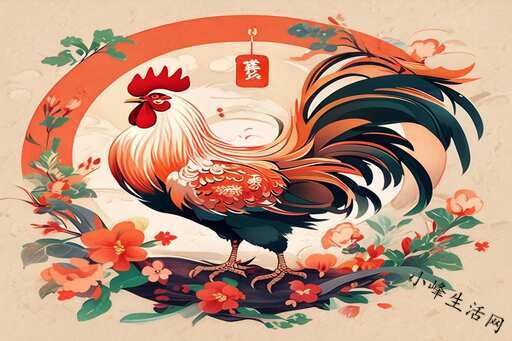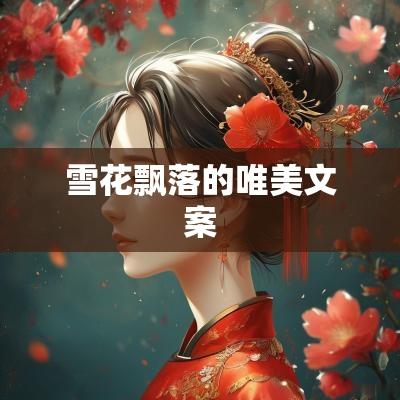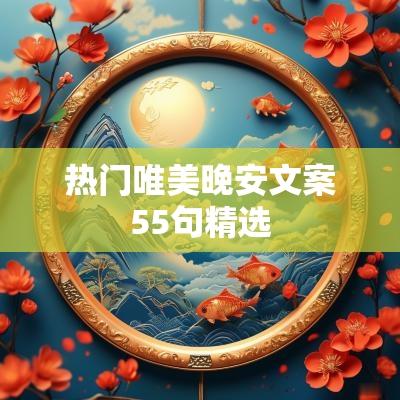How to Translate "Auspicious Wedding Day" into English
Introduction
In many cultures around the world, weddings are considered one of the most important and auspicious occasions in a person's life. Choosing an auspicious wedding day is a common practice in many traditions, as it is believed to bring good luck and happiness to the couple. When it comes to translating the term "auspicious wedding day" into English, there are several ways to convey the meaning effectively. This article aims to explore different translations and provide a comprehensive understanding of the term.
The Significance of an Auspicious Wedding Day
Understanding the cultural significance of an auspicious wedding day is crucial in finding an appropriate translation. In many Asian cultures, such as Chinese and Indian, the selection of an auspicious wedding day is based on various factors, including astrology, numerology, and traditional beliefs. The chosen day is believed to set the tone for the couple's married life and ensure a harmonious and prosperous future.
Translation Options

When it comes to translating "auspicious wedding day" into English, there are several options that effectively convey the meaning. Here are some common translations:
1. Auspicious Wedding Day
This translation directly retains the term "auspicious wedding day," which is commonly used in English-speaking countries. It accurately conveys the cultural significance and meaning behind the term, making it a suitable choice for formal and academic contexts.
2. Propitious Wedding Day
The word "propitious" is often used as a synonym for "auspicious" and carries a similar connotation. Translating the term as "propitious wedding day" effectively captures the positive and favorable nature of the chosen day.
3. Fortunate Wedding Day

Using the word "fortunate" in the translation emphasizes the idea of luck and blessings associated with an auspicious wedding day. This translation conveys the belief that the chosen day brings good fortune and happiness to the couple.
4. Lucky Wedding Day
The term "lucky" is widely understood and commonly used in English. Translating "auspicious wedding day" as "lucky wedding day" effectively communicates the idea that the chosen day is believed to bring luck and prosperity to the couple.
Conclusion
Translating the term "auspicious wedding day" into English requires careful consideration of cultural significance and context. While there are multiple translations available, options like "auspicious wedding day," "propitious wedding day," "fortunate wedding day," and "lucky wedding day" effectively convey the meaning and cultural beliefs associated with the term. The choice of translation depends on the intended audience and the context in which it is used. Regardless of the translation chosen, the importance of an auspicious wedding day in various cultures remains a significant aspect of wedding traditions worldwide.
















